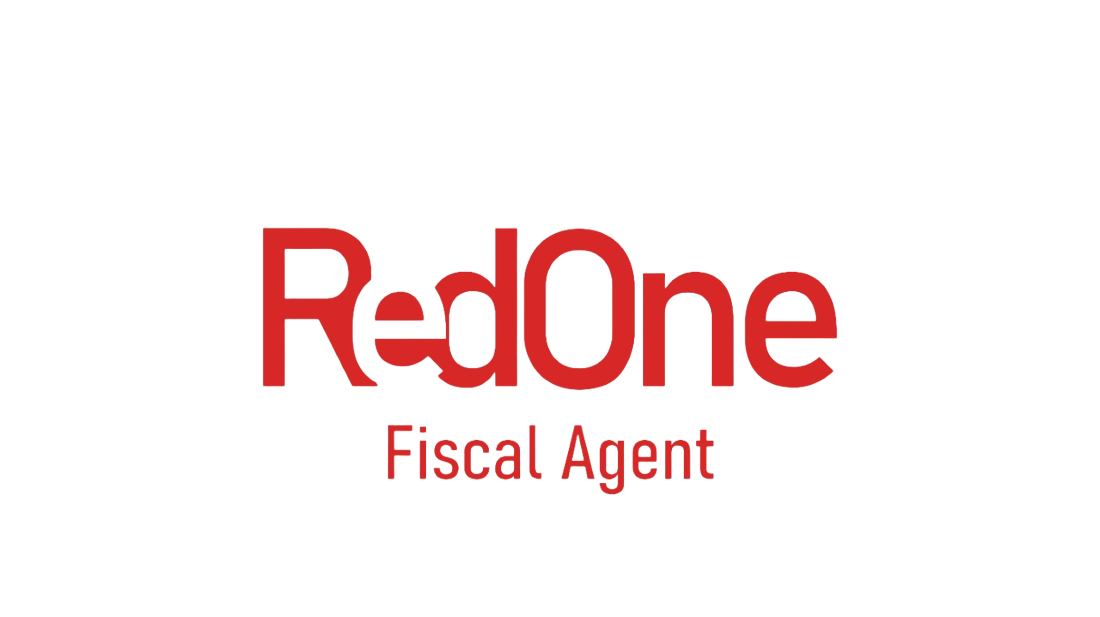The eligibility process will not change. The assessment will determine the person’s home care/CFSS rating and the units or hours per day for which they are eligible.
In the CFSS agency model, the service authorization will be issued in units according to the person’s assessment. The service will be authorized in one annual line.
There will be exceptions to authorizing services in one line such as, but not limited to, changing providers. In the CFSS budget model, the service authorization will be issued in dollars, which is the unit rate multiplied by the number of units for which the person is eligible.
In both models, as in PCA now, the person can use units or the budget flexibly for services, and they are not limited to a specific number of hours per day.

